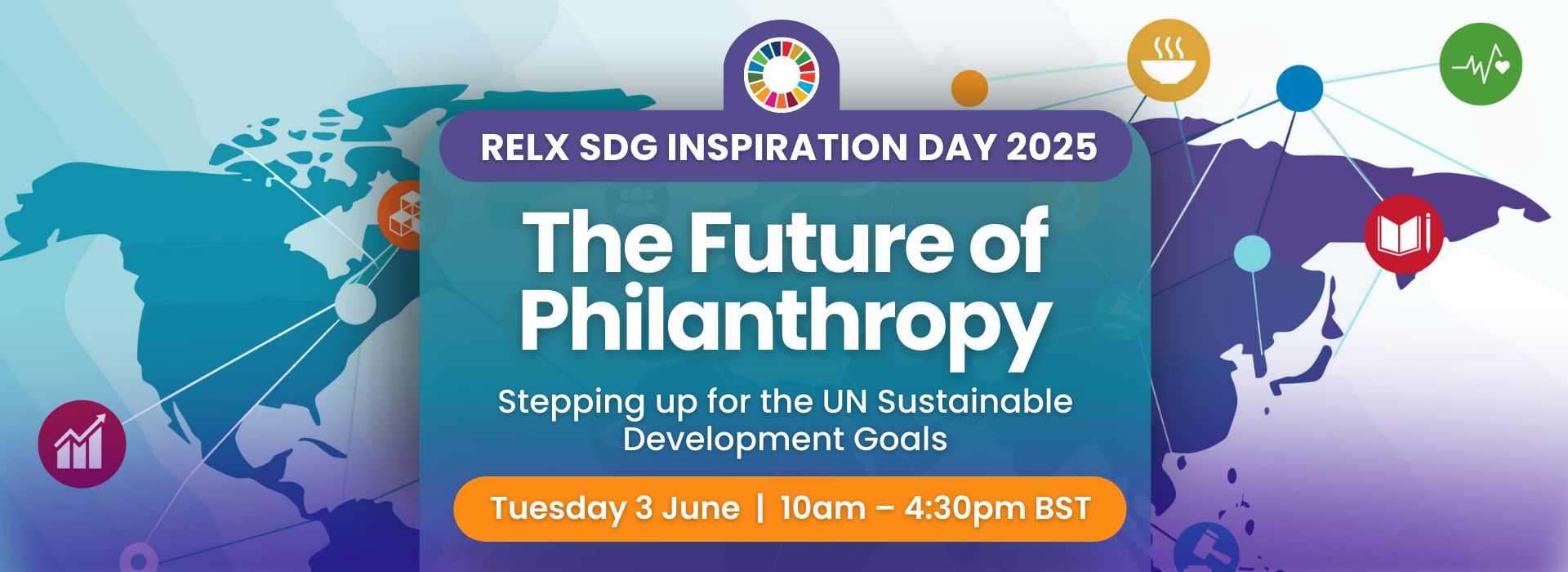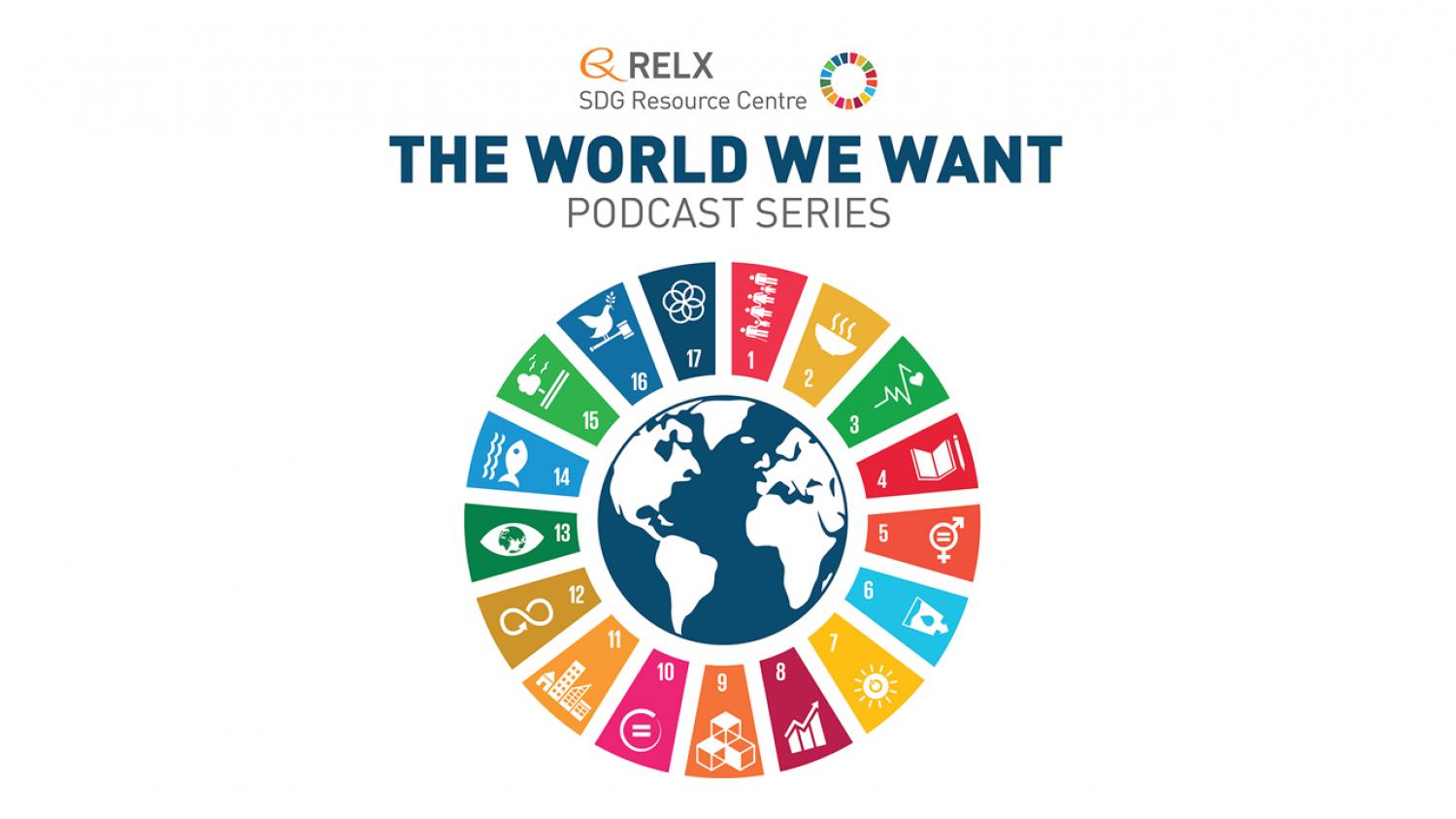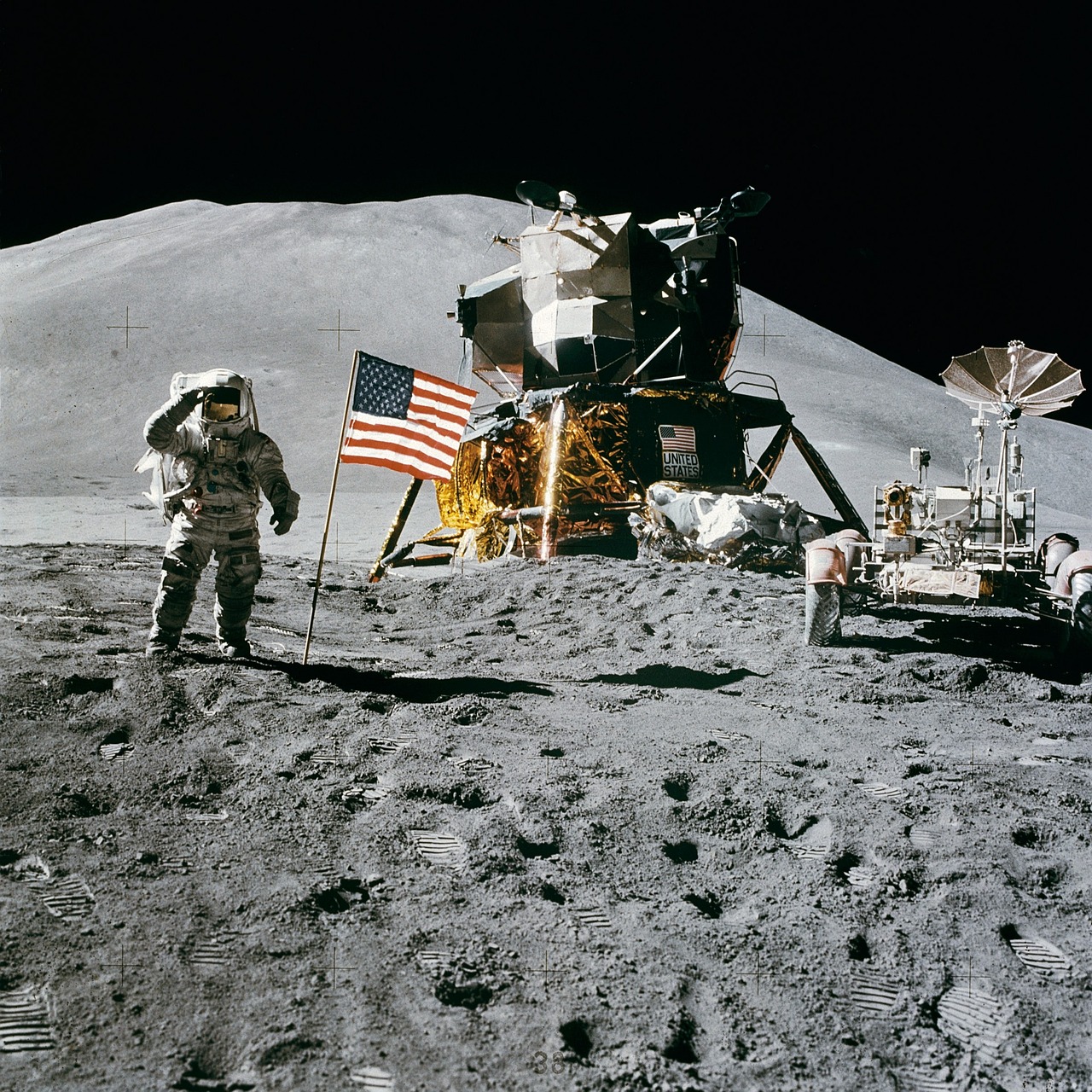This study identified over 2,000 proteins in cerebrospinal fluid that change at different stages before Alzheimer's symptoms appear, revealing key biological processes involved in the disease. Using machine learning, the researchers developed highly accurate models to predict Alzheimer's biomarker status, clinical diagnosis, and future disease progression.
The Future of Philanthropy: Stepping up for the UN Sustainable Development Goals
Join us for RELX SDG Inspiration Day 2025 - a free, online event to explore issues, gain practical insights and be inspired to take action in support of the N SDGs.
This article outlines a theory of goodness, coupled with some of its practical implications for impact-making, governance and lives more generally. The theory proposes that goodness consists of positive feelings and whatever promotes them, such as the joy of a meaningful conversation or the satisfaction of eating food, for instance. Although it is a version of ethical hedonism, the theory is also called welfarism since it allocates a central role to affect and since affect is central to some prevalent measures of 'subjective wellbeing'.
This paper reviews and compares four leading healthy diet metrics: GDQS, GDR score, MDD-W, and Nova UPF score, for their accuracy, ease of use, and global applicability in monitoring dietary quality. The findings highlight that the Minimum Dietary Diversity for Women (MDD-W) offers the strongest predictive accuracy for nutrient adequacy using a simple, scalable method, while also emphasizing the need for further research on metrics assessing moderation and cross-country comparability.
Drivers of health disparities in rheumatology are numerous and complex, existing within and between populations. These impact access to advanced therapies, specialized services, and core components of care.
International Day of Sport for Development and Peace 2026: Sport as a Bridge for Inclusion and Unity




